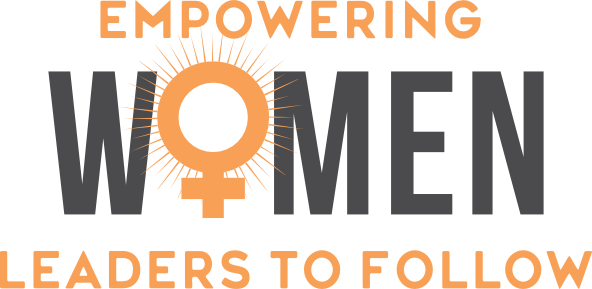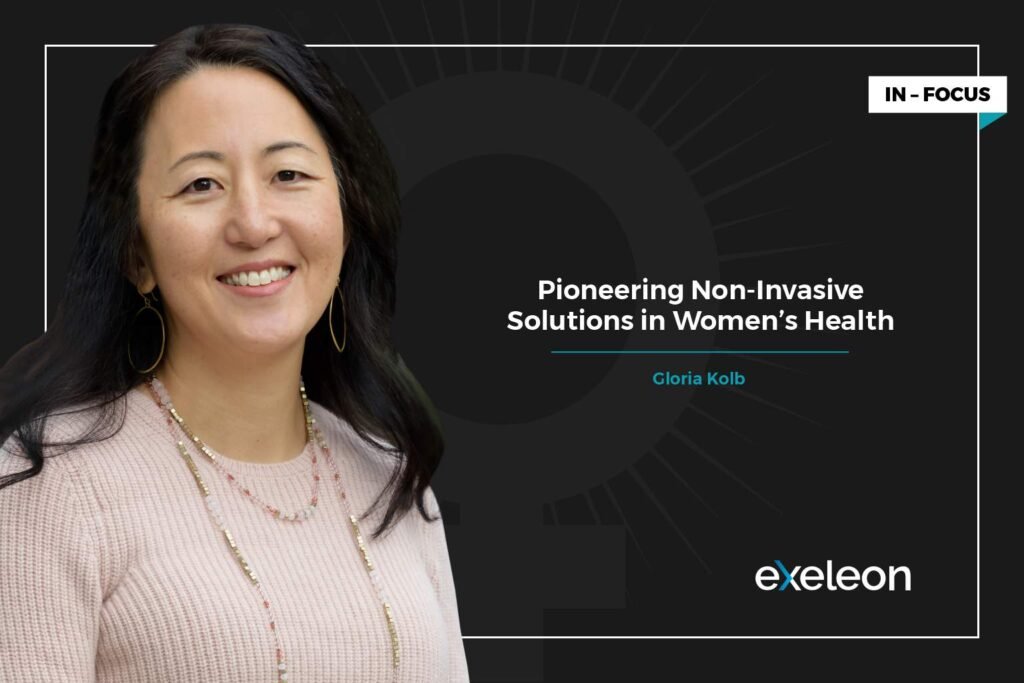Gloria Kolb, the co-founder of ELITONE, is not just an inventor but a visionary in the realm of women’s health. With an impressive portfolio of 30 patents to her name, Gloria has dedicated her career to addressing some of the most intimate and overlooked issues in women’s health.
In this exclusive interview, we explore the inspiration behind her groundbreaking invention, ELITONE®, a non-invasive treatment for urinary incontinence, and delve into her journey of innovation and perseverance. The interview is part of Exeleon’s Women History Month Celebration.
Can you share the inspiration behind co-founding ELITONE® and developing a non-invasive treatment for urinary incontinence?
I knew bladder leakage was a common issue, but it wasn’t until I was trying to treat myself that I became dismayed at and alerted to how poor the treatments were. “Poor” means that they may have worked but had no concern with how a woman would fit the treatment into her life. All the vaginal devices meant that she had to find time to lock herself in her bedroom to be flat on her back and wait 20 minutes. The vaginal devices were hard to hold, hard to keep using, and just made me feel icky. I thought there had to be a better (easier) way!
With 30 patents to your name, what drives your passion for invention and innovation in women’s health?
I love creating and designing, and that was how I was made. Put that together with the real need in women’s health, where there hasn’t been a lot of innovation, and that sets the platform. Then keep it fueled with the feedback from women that Elitone is changing their lives, and that all keeps us going.
ELITONE® has been recognized as a breakthrough solution for incontinence. Can you discuss the challenges you faced during its development and how you overcame them?
With my cofounder and my 50+ combined years in medical device development, we didn’t find a lot of challenges during Elitone’s development. Our planning and experience got us through prototype development, clinical studies, and only a few minor hiccups with regulatory approvals. It does take time though, unlike the array of non-medical kegel devices that flood the market making any sort of claims they want. However, our challenges (and I can’t say we overcame them – we are still going through them), come in the commercialization of the products. For example, it was pretty impossible to get funding due to the embarrassing nature of the issue, a product for women’s health, by a female founder, that male investors don’t necessarily understand. But even female investors have told me, “I love Elitone, and I will keep using your product, but I am going to fund your competitor because it’s a better financial deal that I cannot pass up.”
Secondly, we are highly regulated but are selling Direct to Consumer, so we don’t fit the life science nor CPG (consumer product goods) buckets that venture capital investors typically are in.
Finally, we sell directly to consumers to make Elitone as accessible as possible (since most women do not talk to their doctors about incontinence), yet the consumers expect lower pricing as an electronic and will compare Elitone to the cheaper devices that have no FDA approvals! It is a tough area to be in, but we stick it out because we know in the end we are serving women the best.
What advice would you give to young women aspiring to careers in technology and innovation, particularly in the femtech space?
I previously had a job early in my career where I just analyzed foreign missiles. Although it used my engineering degrees, it felt empty and unsustainable. When you create a product that other people benefit from, it is so rewarding. One thing about serving women is that they are very vocal, both when they have their complaints, and also so appreciative when you help them. I would tell women who are interested in this career to go for it. I enjoy my work and it is not a “job”. Isn’t that what we want out of life, to be fulfilled?
How do you plan to continue driving innovation and addressing unmet needs in women’s health through your work?
We have quite a large list of women now. I plan to keep asking them questions and listening to them.
Read Digital Version of the Issue.
Contact Gloria Kolb on LinkedIn.











